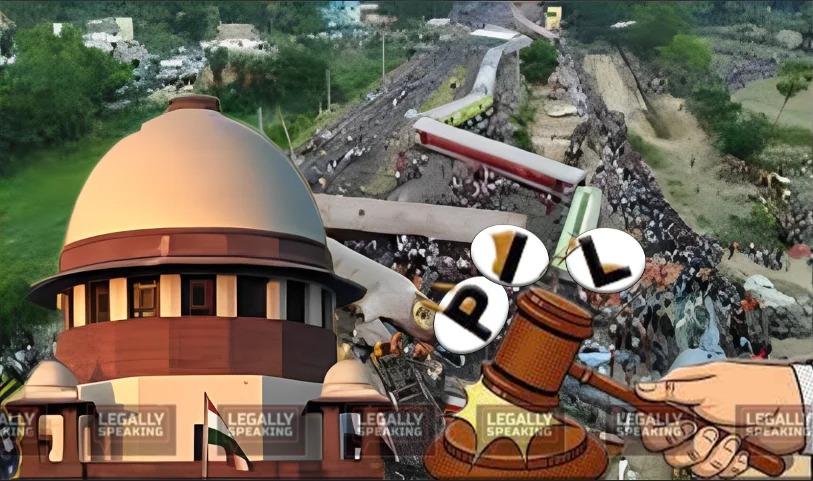
A public interest litigation (PIL) has been filed before the Supreme Court, requesting the establishment of a probe panel led by a retired judge from the apex court to investigate the recent train accident in Balasore, Odisha.
The tragic incident, which occurred on June 2, claimed the lives of 288 individuals and left over 1,000 people injured. The collision involved the Shalimar-Chennai Central Coromandel Express and the Bengaluru-Howrah Superfast Express trains.
The PIL, filed by advocate Vishal Tiwari, has sought specific directions to be issued to the Central government and Indian Railways:
- An expert commission, led by a retired Supreme Court judge and comprising of technical members, will be established to analyze and evaluate the current risk and safety parameters within the railway system. The commission’s primary objective will be to identify the root cause of the incident and propose comprehensive safety modifications. This task needs to be completed within a two-month timeframe.
- To ensure the safety of the public, the immediate implementation of the Automatic Train Protection (ATP) system, known as KAVACH, need to be enforced.
The plea asserts that these accidents violate the fundamental right to life and liberty as guaranteed by Article 21.
Moreover, the petitioner argues that previous government inquiries into similar derailments have failed to produce the desired outcomes.
“With unregulated and negligent actions, the Respondent Authorities have time by time shown the country that there needs to be a strict judicial intervention on this matter as this matters the concern of public safety and life which stands at the highest pedestal on the functioning of any state machinery … This type of incidents holds multirole consequences in the form of other train cancellations and diversions of trains bringing in severe inconveniences. The damage of public properties are widespread which are ultimately the loss of taxpayer’s money of this country,” the plea noted.
In addition, the petitioner submitted that there is a need for a distinct compensation mechanism to address such tragic incidents.




